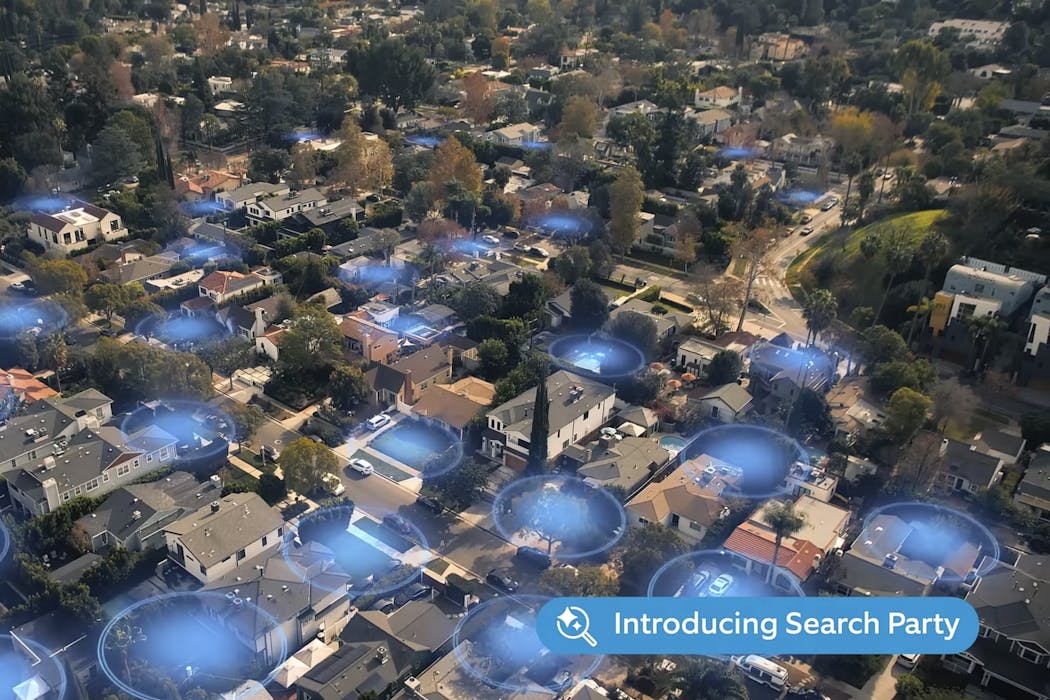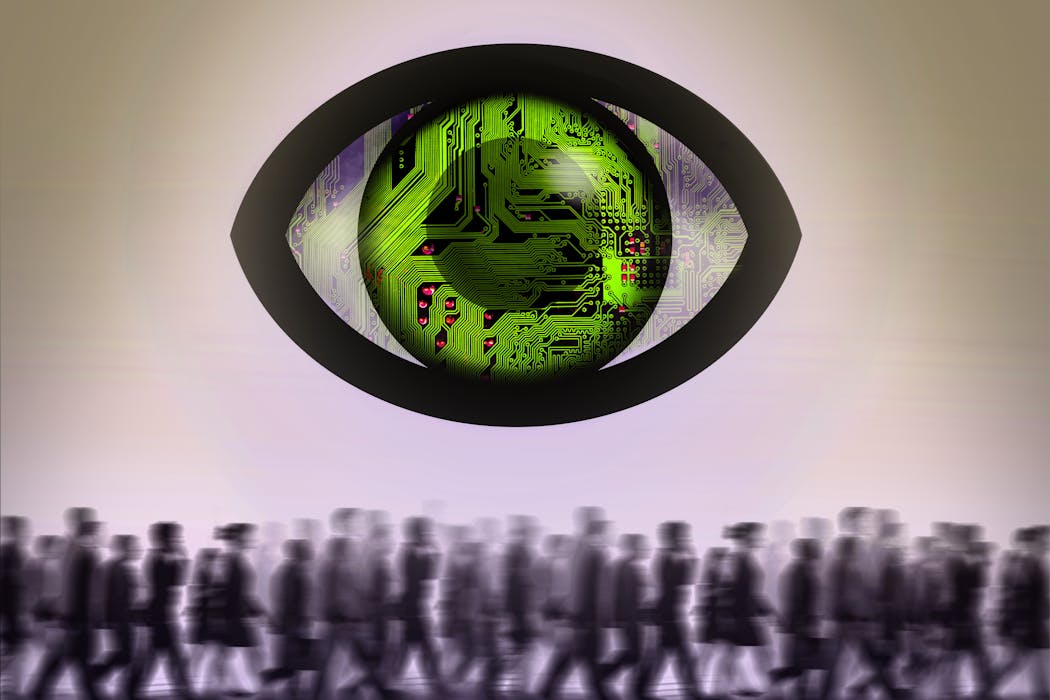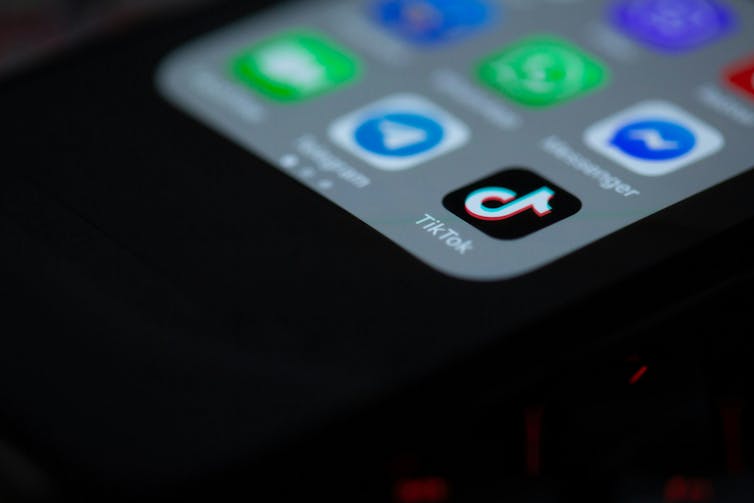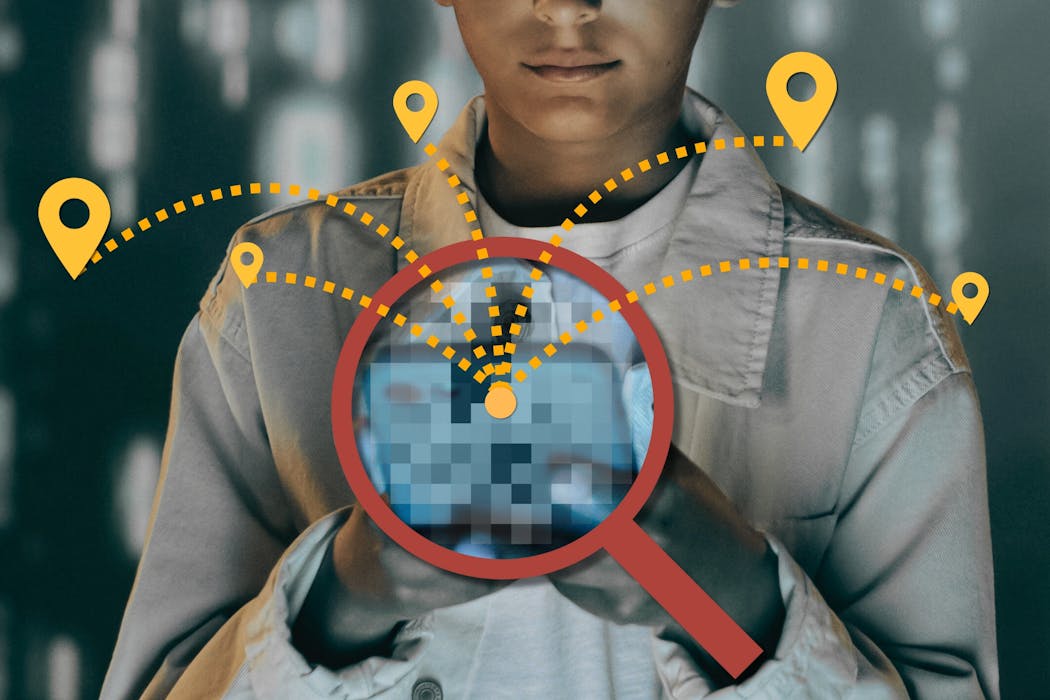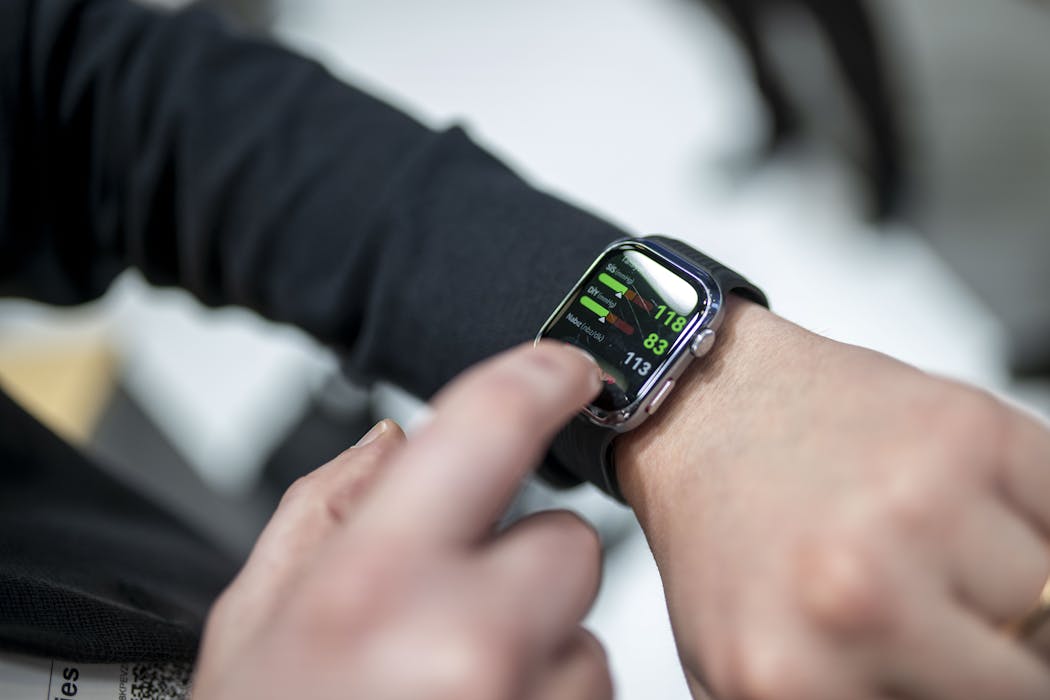- How Homeland Security’s subpoenas and databases of protesters threaten the ‘uninhibited, robust, and wide-open’ free speech protected by Supreme Court precedentby Stephanie A. (Sam) Martin, Frank and Bethine Church Endowed Chair of Public Affairs, Boise State University on February 23, 2026 at 2:01 pm
It’s difficult to measure what is lost when an opinion is never voiced and impossible to catalogue the arguments that never form because a speaker calculates the risk and decides silence is safer.
- Amazon’s Ring wanted to track your pets. It revealed the future of surveillanceby Dennis B. Desmond, Lecturer, Cyberintelligence and Cybercrime Investigations, University of the Sunshine Coast on February 16, 2026 at 6:24 pm
Private companies selling ‘intelligence as a service’ are changing the face of intelligence and how private and personal data is used.
- Is NZ defence and intelligence policy aligning with AUKUS in all but name?by Nicola Macaulay, Senior Tutor and PhD Candidate, Centre for Defence and Security Studies, Te Kunenga ki Pūrehuroa – Massey University on February 3, 2026 at 11:00 pm
NZ appears to be widening its defence and surveillance capabilities across the region, raising questions about strategic alignment, transparency and independence.
- Facial recognition technology used by police is now very accurate – but public understanding lags behindby Kay Ritchie, Associate Professor in Cognitive Psychology, University of Lincoln on January 30, 2026 at 4:53 pm
It’s a common misconception that facial recognition technology captures and stores an image of your face.
- Friday essay: how ASIO spied on Australia’s Greek migrants during the Cold Warby Joy Damousi, Professor, History, Dean of Arts, Australian Catholic University on November 20, 2025 at 7:10 pm
As ‘aliens’, postwar Greek immigrants attracted the attention of ASIO, irrespective of their political affiliation.
- Always watching: How ICE’s plan to monitor social media 24/7 threatens privacy and civic participationby Nicole M. Bennett, Ph.D. Candidate in Geography and Assistant Director at the Center for Refugee Studies, Indiana University on November 7, 2025 at 1:18 pm
ICE’s dragnet is expanding across social media, putting everyone’s digital lives into the realm of border and immigration enforcement.
- Why people don’t demand data privacy – even as governments and corporations collect more personal informationby Rohan Grover, Assistant Professor of AI and Media, American University on November 5, 2025 at 1:27 pm
How people talk about data privacy can overcome – or reinforce – their skepticism that things can change.
- Nigeria’s government is using digital technology to repress citizens. A researcher explains howby Chibuzo Achinivu, Visiting Assistant Professor of Political Science, Vassar College on October 28, 2025 at 1:40 pm
Local conflict and development needs drive the demand for digital authoritarianism technologies.
- In defense of ‘surveillance pricing’: Why personalized prices could be an unexpected force for equityby Aradhna Krishna, Dwight F. Benton Professor of Marketing, University of Michigan on October 14, 2025 at 12:37 pm
Fans of redistribution may find something good in the latest AI-powered development in pricing.
- The American TikTok deal doesn’t address the platform’s potential for manipulation, only who profitsby Andrew Buzzell, Postdoctoral Fellow, Rotman Institute of Philosophy, Western University on October 2, 2025 at 3:26 pm
U.S. President Donald Trump signed an executive order approving a deal that allows U.S. businesspeople to acquire ownership of TikTok.
- The smartphone in Saudi Arabia: between women’s empowerment and surveillanceby Hélène Bourdeloie, Sociologue, maîtresse de conférences en sciences de l’information et de la communication à l’université Sorbonne Paris Nord et chercheuse au LabSIC et associée au Centre Internet et Société (CIS– CNRS), Université Sorbonne Paris Nord on October 1, 2025 at 1:26 pm
In Saudi Arabia, smartphones offer women new avenues of empowerment, even as they remain tools of surveillance in a society where gender inequality persists.
- How safe is your face? The pros and cons of having facial recognition everywhereby Joanne Orlando, Researcher, Digital Wellbeing, Western Sydney University on September 30, 2025 at 1:07 am
Before you scan your face, you might want to think twice about the risks.
- Trump’s targeting of ‘enemies’ like James Comey echoes FBI’s dark history of mass surveillance, dirty tricks and perversion of justice under J. Edgar Hooverby Betty Medsger, Professor Emeritus of Journalism, San Francisco State University on September 23, 2025 at 12:44 pm
Donald Trump has a partisan ally running the FBI. He’s urged retribution against his perceived enemies. Will today’s FBI repeat the vast, unconstitutional persecutions of the J. Edgar Hoover era?
- Kmart broke privacy laws by scanning customers’ faces. What did it do wrong, and why?by Margarita Vladimirova, PhD in Privacy Law and Facial Recognition Technology, Deakin University on September 18, 2025 at 7:42 am
The Privacy Commissioner found Kmart should have tried other options before facial recognition systems – and told customers what it was doing.
- The ‘anxiety economy’ is booming. But should companies be profiting from our fears?by Paul Harrison, Director, Master of Business Administration Program (MBA); Co-Director, Better Consumption Lab, Deakin University on September 17, 2025 at 1:45 am
We are living in a world where our unease, vigilance, and even our guilt is being used for corporate profit.
- Blair’s ID cards failed in the 2000s – could Starmer’s version fare better?by Tim Holmes, Senior Lecturer in Criminology and Policing, Bangor University on September 8, 2025 at 8:01 am
Two decades after the last attempt collapsed, Keir Starmer has revived plans for a national ID card.
- When the government can see everything: How one company – Palantir – is mapping the nation’s databy Nicole M. Bennett, Ph.D. Candidate in Geography and Assistant Director at the Center for Refugee Studies, Indiana University on August 27, 2025 at 12:03 pm
Government agencies are contracting with Palantir to correlate disparate pieces of data, promising efficiency but raising civil liberties concerns.
- How Shakespeare can help us overcome loneliness in the digital ageby Marie Trotter, PhD Candidate, Department of English, McGill University on August 13, 2025 at 7:48 pm
While our culture is very different from Shakespeare’s London, his plays — and those by others — still carry the potential to bring people together and help us think deeply about our shared experience.
- Caught on the jumbotron: How literature helps us understand modern-day public shamingby Jason Wang, Postdoctoral Fellow, Modern Literature and Culture Research Centre, Toronto Metropolitan University on July 24, 2025 at 6:31 pm
The online reaction to the extra-marital affair that was caught on the Jumbotron at a Coldplay concert raises the question: why does infidelity, especially among the powerful, provoke such public outrage?
- The Shrouds: new Cronenberg film is an elusive meditation on death, grief and environmental ethicsby Laura O’Flanagan, PhD Candidate, School of English, Dublin City University on July 8, 2025 at 5:11 pm
Environmental activism, corruption and technological invasion are all threaded through the story, representing fears about identity, society and the human condition.
- New US directive for visa applicants turns social media feeds into political documentsby Samuel Cornell, PhD Candidate in Public Health & Community Medicine, School of Population Health, UNSW Sydney on July 7, 2025 at 1:41 am
Your social media is no longer a personal space. It may be used by governments to determine whether you fit with their values.
- Amid alarm over a US ‘autism registry’, people are using these tactics to avoid disability surveillance – podcastby Gemma Ware, Host, The Conversation Weekly Podcast, The Conversation on June 26, 2025 at 9:50 am
Listen to disability surveillance expert Amy Gaeta on The Conversation Weekly podcast.
- Scrapping the national census raises data sovereignty and surveillance fears for Māoriby Lara Greaves, Associate Professor of Politics, Te Herenga Waka — Victoria University of Wellington on June 19, 2025 at 4:25 am
Social licence and consent are central to trust in state data systems. Changes to the way census information is gathered make this especially important for Māori.
- Protecting the vulnerable, or automating harm? AI’s double-edged role in spotting abuseby Aislinn Conrad, Associate Professor of Social Work, University of Iowa on June 13, 2025 at 12:32 pm
AI has the potential to help prevent and detect abuse, but only if it avoids bias and is sensitive toward traumatized people’s needs.
- Smartwatches promise all kinds of quality-of-life improvements − here are 5 things users should keep in mindby James Gilmore, Associate Professor of Media and Technology Studies, Clemson University on May 12, 2025 at 12:27 pm
As wearable technologies become more popular, it’s important to consider how they actually work and what their data actually tells us.

Surveillance
We are an ethical website cyber security team and we perform security assessments to protect our clients.


